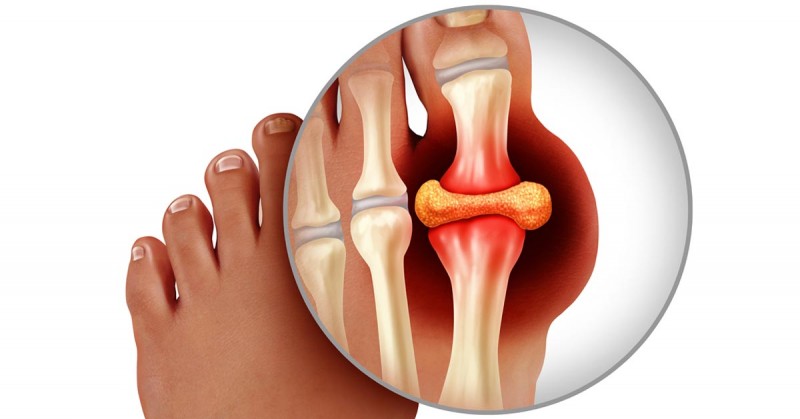
Uric acid, a waste product produced by the body during the breakdown of purines, can accumulate in the joints and bones, leading to discomfort and various health issues. When uric acid levels become too high, it can crystallize and deposit in the joints, causing inflammation and pain associated with conditions like gout and arthritis.
Maintaining healthy uric acid levels is crucial for overall well-being and preventing related complications. Fortunately, several natural remedies can help reduce uric acid buildup in the bones, promoting better joint health and overall vitality.
Proper hydration is essential for flushing out toxins, including excess uric acid, from the body. Drinking an ample amount of water throughout the day helps dilute uric acid in the bloodstream, making it easier for the kidneys to filter and excrete.
Adopting a balanced diet rich in fruits, vegetables, whole grains, and lean proteins can help regulate uric acid levels. Foods high in purines, such as red meat, organ meats, and certain seafood, should be consumed in moderation to prevent excessive uric acid production.
Consuming foods with anti-inflammatory properties can help reduce inflammation associated with high uric acid levels. Incorporating ingredients like ginger, turmeric, cherries, and fatty fish into your diet may help alleviate joint pain and discomfort.
Engaging in regular physical activity is essential for maintaining joint health and mobility. Low-impact exercises such as walking, swimming, and yoga can help strengthen muscles, improve flexibility, and reduce the risk of uric acid crystal deposition in the joints.
Certain herbs and supplements have been traditionally used to support uric acid metabolism and joint health. Examples include celery seed extract, devil's claw, and nettle leaf. However, it's essential to consult with a healthcare professional before incorporating herbal remedies into your routine, especially if you have existing health conditions or are taking medications.
By prioritizing hydration, maintaining a balanced diet, incorporating anti-inflammatory foods, staying physically active, and exploring herbal remedies, you can effectively manage uric acid levels and support overall bone and joint health. Remember to consult with a healthcare provider for personalized guidance and recommendations tailored to your individual needs.
Redmi A3 Unveils Impressive Features Ahead of Launch: What to Expect
Indian Armed Forces Allocate Rs 25,000 Cr to Enhance Defense Space Capabilities
Delhi Set to Host Historic EU-India Meet on Combating Terrorist Use of Drones